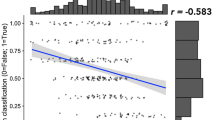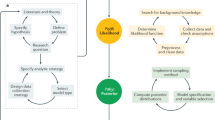Abstract
AT a meeting of the Royal Society on February 27th, Mr. F. Soddy made a verbal communication which was published under the above title in the Chemical News of the following day. The importance of the conclusions which are drawn justifies an examination of the evidence on which they rest. I do not approach the question unsympathetically, and I am quite willing to take some risks, but, when asked to accept a theory, I like to draw a distinction between a guess, a reasonable generalisation, and a well-established conclusion. If Mr. Soddy only wishes to put forward a theory which is not inconsistent with the facts so far as they are known at present, I have nothing to say, but if he claims anything approaching to experimental proof, some critical comment may be forgiven.
This is a preview of subscription content, access via your institution
Access options
Subscribe to this journal
Receive 51 print issues and online access
$199.00 per year
only $3.90 per issue
Buy this article
- Purchase on Springer Link
- Instant access to full article PDF
Prices may be subject to local taxes which are calculated during checkout
Similar content being viewed by others
Author information
Authors and Affiliations
Rights and permissions
About this article
Cite this article
SCHUSTER, A. The Radio-elements and the Periodic Law. Nature 91, 30–31 (1913). https://doi.org/10.1038/091030d0
Issue Date:
DOI: https://doi.org/10.1038/091030d0
Comments
By submitting a comment you agree to abide by our Terms and Community Guidelines. If you find something abusive or that does not comply with our terms or guidelines please flag it as inappropriate.



